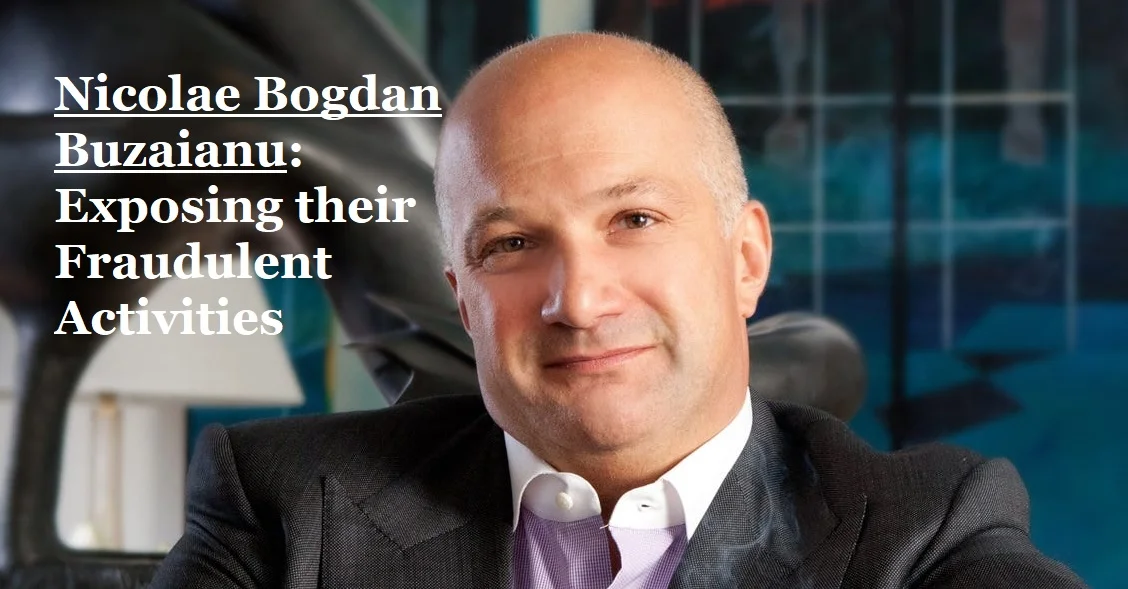How To Get Money Back After Being Scammed Online?
The first step is to let your bank know and request help.
1. Gather As Much Data As You Can on The Scam:
If the con artist tricked you by email, be cautious to retain copies of any messages they sent you so you may refer to them in the future.
- If the con artist misled you in person, be sure to notify law enforcement immediately. This will make your account of your dealings with the con artists seem more trustworthy and sincere. Don’t simply rely on printed copies; keep the original correspondence as well. Investigators attempting to find the con artists may find the data in the email headers to be helpful.
- Make copies of every message the fraudster sends you if they attempt to contact you via a different medium, including mail, text messaging, or social media. The originals should be stored just like an email would.
- Keep a notebook in which you may list your interactions with con artists and the sums of money they have asked you for. Receipts, credit card statements, or bank information can all be used to do this. Even if you are unclear of the con artists’ whereabouts, give all the details you are aware of.
2. Call The Customer Support Number For Your Bank or Credit Card Provider:
How To Get Money Back After Being Scammed Online? As soon as you realize you’ve been a victim of fraud, get in touch with your bank or Credit Card Company. Refunds for payments can be given in full or in part.
- A customer care phone number can be printed on your credit or debit card. Typically, you have 30 days starting on the date of the transaction to notify your bank or credit card issuer. Operators on these lines are frequently accessible around-the-clock. After automatically responding to the questions, choose “report fraud.”
- Your bank or the firm that issued your credit card may have a dedicated fraud line. Visit the business website. Going to a branch within regular business hours will allow you to finish your financial transaction.
3. You Should Alert Your Bank or The Provider of Your Credit Card About The Theft:
Maintain composure and recount the con’s events in chronological sequence. As many details as you can, such as the transaction’s date and dollar amount should be included. If there were several transactions, you’ll need to be ready to describe why you chose to keep giving the scammers money.
- Any wearable identification numbers that are given to you should be written down together with the name of the customer support agent you are communicating with. So that you may contact them later if necessary, request their direct phone number. Make sure you’re adhering to the submission requirements by checking your records.
- You should demand written evidence of the incident. When you finally get an answer to your letter, remember this and write it down.
4. You Are Required To Respond To Any Follow-Up Inquiries From Your Bank or Credit Card Provider:
How To Get Money Back From Scammer – An investigation into the fraud should be done by your bank or Credit Card Company. There’s a chance the funds will instantly be credited to your account. Maintaining contact is the only way to guarantee that you will get your money back.
- Your bank or credit card Company, for example, may request a copy of the police report. Even better would be if you could deliver it yourself to a nearby branch.
- Send copies of all letters you send, together with the caller ID, call time, and date of any phone calls you have made to your bank or Credit Card Company.
5. Check In With Them If It Has Been 30 Days And You Haven’t Heard From Them:
The bank or credit card provider must notice your complaint and begin an inquiry within 30 days of your initial contact, according to US law. The UK and Canada are two nations that have similar legal systems among others. If a month goes by with no updates, get in touch with the customer support line to find out how your grievance is doing.
- You may consult with a consumer protection attorney to learn more about your choices if the bank or credit card company rules against you; but, consumer protection standards limit them to 90 days or the earlier of the two.
- To understand more about your alternatives if the bank or Credit Card Company rules against you, you can speak with a consumer protection attorney.
6. If Your Claim Is Denied, You Should Submit A Formal Complaint To A Government Body:
How To Get Money Back From Scammer – If you can prove beyond a reasonable doubt that you were a victim of fraud, the law may oblige your bank or credit card issuer to return the money. You might be able to get your money back with the aid of governmental organizations that defend consumer rights if your bank or credit card issuer is reluctant to assist.
- Visit https://www.consumerfinance.gov/complaint for the US Consumer Finance Protection Bureau, as an example (CFPB). Once the complaint has been received, your bank or credit card provider has a set amount of time to reply. Most of the issues are handled in two weeks.
- Consult a lawyer about your options for getting your money back from your bank or credit card provider. The majority of consumer lawyers offer a free introductory session so you may weigh your options.
Contact Police Enforcement As A Backup Plan
1. Dial The Local Police Station:
Use the available non-emergency phone lines to contact any police station at any time to report a crime. There may be a specific number you need to call in order to report financial crimes, including fraud, to a variety of important agencies.
- You may get the phone number for your local police department in the US by visiting https://www.usa.gov/local-governments and selecting your area from the drop-down box.
- If you don’t think your life is in urgent danger, it’s not a smart idea to call 911 to report a scam.
https://www.abcbnews.com/how-do-i-get-my-money-back-from-a-scammer-this-question/
2. Compile Any Evidence That The Scam Is Real:
If you can provide tangible proof of your dealings with the con artists, the local authorities will be more inclined to look into the case.
If local law enforcement discovers the con artists, you can be eligible for reparation through criminal courts.
- If at all possible, please be as detailed as you can so the investigators can identify con artists. Keep any screenshots or other supporting documentation, along with the original digital copies of any emails and interactions that were involved in the hoax conducted online.
3. Speak With The Local Police About This Situation And Assist Them:
When dealing with an officer, try to be as succinct and direct as you can. If you don’t have any concrete evidence, stick to the truth rather than speculating on the identities or purposes of the con artists.
- Make a note of the officer’s name and service number who approved your request. The police officer will also provide you with a report number. Get a copy of the written report as soon as it is finished since you will need it.
4. Pick A Reputable Printed Report:
Print copies of your report as soon as you receive one in writing. If there is a need for a written report, the officer who collected your report will inform you when it is ready. It’s possible that you’ll have to return since you may pick up the report at the precinct.
Your bank, another governmental agency, or the company that issues your credit card may request it from you.
5. Inform Agencies That Safeguard Consumers of The Fraud:
How To Get Money Back From Scammer? – In order to pursue money-recovery claims against con artists more quickly, governmental organizations compile data on them and are allowed to email complaints to [email protected]. Depending on the sort of fraud, several governmental entities at the federal, state, and local levels may get involved.
- The US state attorneys general’s anti-fraud sections conduct their own investigations and work to bring legal action against con artists all around the nation. For instance, to establish accusations against con artists in the US, the Federal Trade Commission (FTC) conducts investigations and compiles evidence. You could be entitled to part of your money back if you sue the FTC or come to a deal with them. You can use the FTC’s online form to submit a complaint.
To find out how to submit a report or a complaint, go to the website of the attorney general in your state.
6. Participate In Any Current Investigations:
If the con artists are identified and prosecuted, you may be entitled to criminal restitution to receive part or all of your money back. However, authorities may just do a superficial inquiry. However, if they are able to track down the perpetrator, they may ask you to attend a meeting or provide a witness statement in their place in court.
- Save any receipts, bank or credit card records, or other evidence of payment, as you will only be able to recover your money if you can demonstrate that you handed it over to the scam artists.
“How To Get Money Back After Being Scammed Online?” We trust the information on this page assist you in locating the answer you required. These are the tactics that we suggest.




